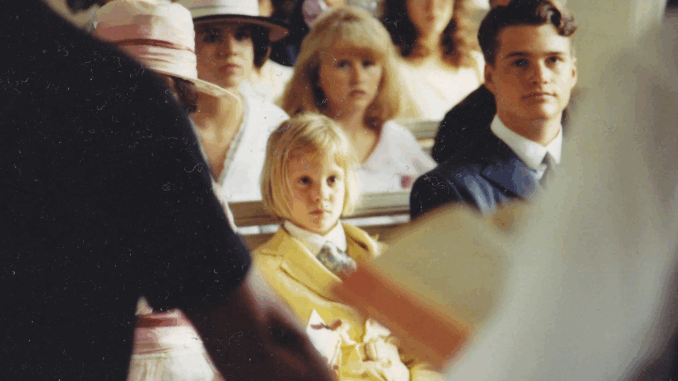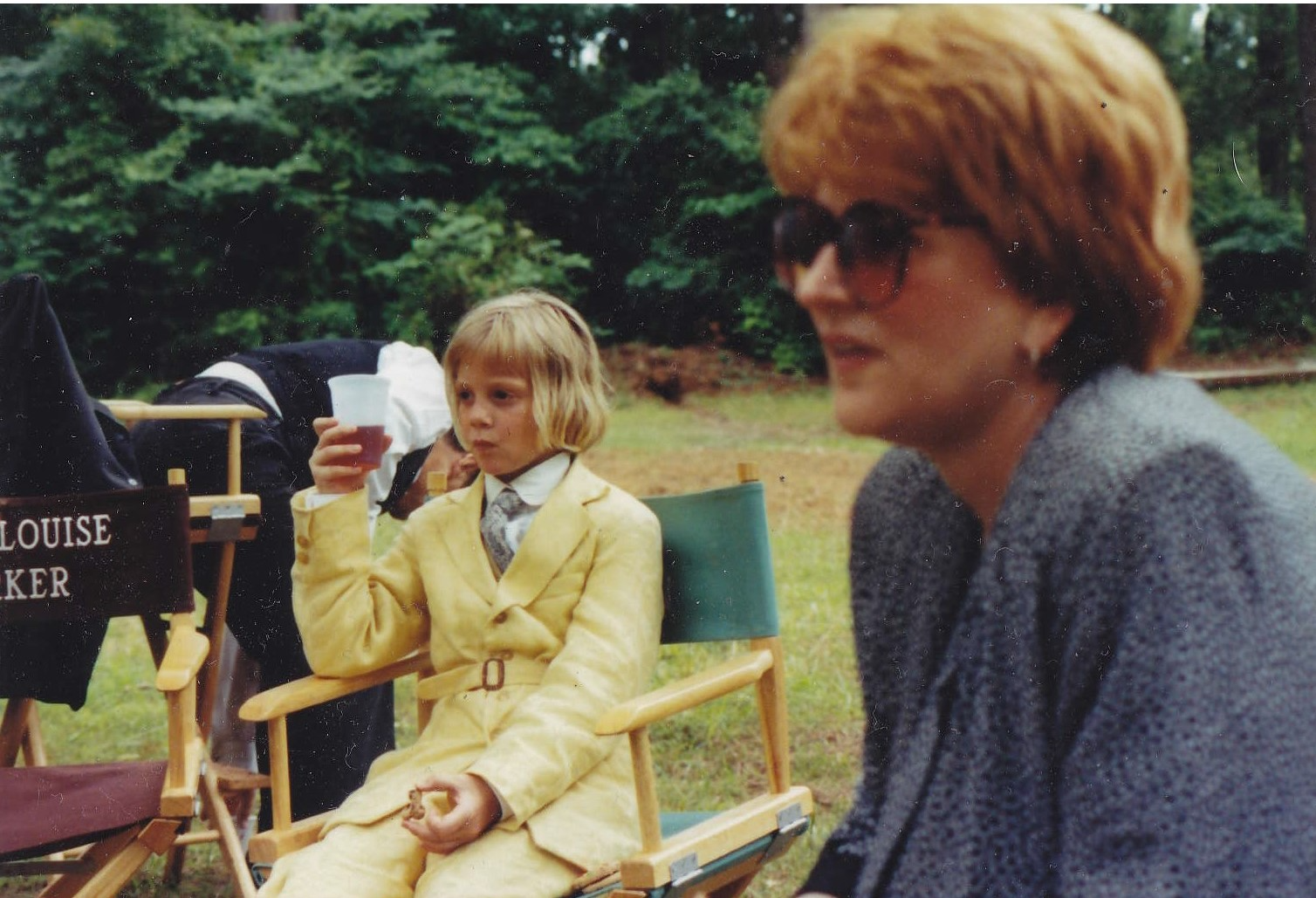
The Community on Trial, Not Just Idgie
One of the most dramatic and meaningful scenes in Fried Green Tomatoes is the courtroom trial, where Idgie Threadgoode and Big George are accused of murdering Frank Bennett. But this isn’t just a trial about a missing man—it’s a moment where love, loyalty, and defiance stand face-to-face with prejudice, power, and institutional injustice.
Throughout the film, Idgie has rejected societal expectations. She dresses like a man, runs her own business, and openly raises Ruth’s son Buddy alongside her. Now, she’s being punished for it—not just because of the disappearance of Frank, but because she dares to live freely in a world that demands conformity.
And Big George, the Black man who helps run the Whistle Stop Café, stands beside her. His presence on trial reflects deeper racial tensions in the South—he’s not there because there’s evidence against him, but because the system needs someone to blame, and he’s an easy target.
Power, Prejudice, and Southern Justice
The courtroom scene unfolds with the weight of the 1930s South pressing down on everyone. The judge, the jury, and the prosecutors represent a system built on racial and gender hierarchies. Idgie and Big George are not just defending their innocence—they’re symbols of everything the system wants to suppress: independence, interracial solidarity, and women who don’t stay in their place.
There’s very little hard evidence against them, but that doesn’t matter in a community where rumor and appearance can seal a person’s fate. The trial becomes a spectacle of assumptions—about Idgie’s character, about Big George’s role, and about the way things should be.
But there’s a subtle resistance taking place beneath the surface. The townspeople, though suspicious, are not monolithic. And Idgie, smart and sharp-tongued as ever, refuses to cower. Her testimony is bold, witty, and quietly subversive.
Sipsey’s Silent Victory Behind the Scenes

What viewers know—but the courtroom doesn’t—is that Sipsey, the wise and fearless matriarch of the Black community in Whistle Stop, was the one who actually killed Frank Bennett, defending Ruth and little Buddy from abuse. This fact changes everything. Sipsey, with her deep understanding of justice and survival, did what the law never would: protect a vulnerable woman and her child from a monster.
Idgie and Big George’s silence on the real story is more than self-preservation—it’s solidarity. They’re willing to take the fall to shield Sipsey, to keep their found family intact. This selfless act of protection becomes a quiet revolution. It rewrites the rules of justice based on loyalty and love rather than the law.
Ruth’s Absence and Emotional Presence
Though Ruth doesn’t testify in the scene, her emotional presence is everywhere. The trial is, in many ways, about her. The man who abused her is dead, and the people who loved her are being punished for it. Her pain, her vulnerability, and her strength haunt the courtroom. It’s a testament to how much Ruth meant to the people around her—and how deeply they were willing to fight for her.
Even in death (as Ruth is ill and dies not long after the trial), her influence lives on in the courage of those who stood beside her. The courtroom becomes a silent monument to the kind of love that doesn’t fade—it fights back, even in the face of injustice.
A Rare Win in a Broken System
In a twist of fate—and perhaps due to the clever legal maneuvering and lack of real evidence—Idgie and Big George are acquitted. It’s a rare win in a system stacked against them. But it doesn’t feel like a triumph of the law—it feels like a victory of community, of chosen family, of people who take care of each other when the world turns its back.
The trial leaves viewers with a sobering reminder: justice is not always found in courtrooms. Sometimes, it’s in the quiet bravery of those who protect one another, who endure together, and who rewrite their own definitions of right and wrong.
A Defining Moment of the Film’s Heart
The trial scene encapsulates the soul of Fried Green Tomatoes. It is about the invisible bonds that tie people together, about standing firm in your truth, and about the cost of loving boldly in a world that fears difference. It’s not just about whether Idgie and Big George will go free—it’s about whether love can survive scrutiny, and whether chosen family can endure pressure.
This moment reminds us why Fried Green Tomatoes continues to resonate: because it understands that real justice often comes not from the system, but from the courage of the people who refuse to be broken by it.
